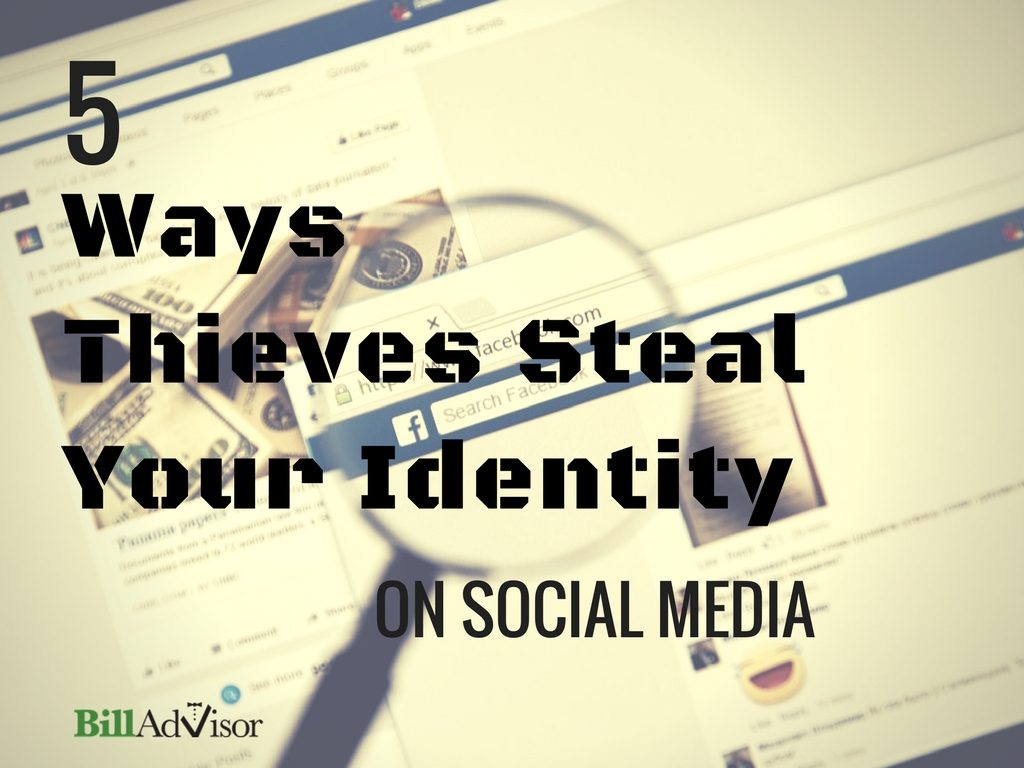Being too friendly on social networks can put your identity at risk – even by sharing seemingly harmless info. Before you know it, someone is going on a Las Vegas shopping spree with a credit card bearing your name. (True story.)
That doesn’t mean you have to take the scorched-earth approach and delete all your profiles. Here’s what you shouldn’t share in order to protect your identity while on social media.
How Identity Theft Happens on Social Media
While you’re relaxing, checking out social media to keep up with friends or trending topics, there are more unsavory users out there prowling for victims.
So what does a preferred victim look like to a cybercriminal?
According to one Quora user with some creepy insider info, ideal identity theft victims often stand out in a digital crowd:
#TooMuchInformation: Things to Stop Sharing Now
Of course, having a unique name isn’t the only risk factor – or else someone would be stealing my identity weekly.
Even the simple things you do and the information you provide to social networks can be used against you…
- Your real name- You may not want to sign up to a social network with an alias, especially for professions that depend on being public. However, using your full name in conjunction with weak passwords and other uniquely identifiable information is a recipe for disaster.
- Your birthdate- If your profile is public, this is an even bigger concern. Some social media sites ask for your full birthday when signing up. Unfortunately, all that a resourceful criminal really needs to open certain accounts is your name and date of birth. For many sites, it’s optional to enter a birth year or any dates at all.
- Family members, likes, & hobbies- Many people try to avoid adding family members on social sites like Facebook for various reasons. While you don’t have to go that far to protect your identity, being discreet about their connections to you is ideal. Hackers who take over your account, or ‘catphishers’ who make identical profiles by stealing your photos and adding family members to appear more legitimate. Adding family members with public descriptions of your relations also makes it a cinch for hackers to bypass certain security questions (like, What’s your mother’s maiden name? or What’s your favorite hobby?)
- Quizzes, contests, and surveys- ‘Phishing’ scams can appear to be innocent, fun interactive applications that request permission to connect with your social accounts. Other times, hackers can break into these apps with poor security and steal personal information you legitimately provided.
- Using the same passwords on multiple sites- To be clear, the easier it is to guess your password on one site, the faster it is for criminals to hack all your other accounts after accessing one. Use the same password on more than one site? Say goodbye to the email address you signed up with. Possibly your bank or credit card accounts, too.
Wrapping Up
Even if it’s not publicly shared, within a few clicks this personal information could easily be discovered by anyone who obtains unauthorized access to your accounts.
Some people can simply hack into your accounts (which is why setting a strong password is crucial). Others can gain access your profiles from public browsers and networks you didn’t log out of properly.
These are the biggest ways you can unwittingly give identity thieves access to your most precious info on social media.
